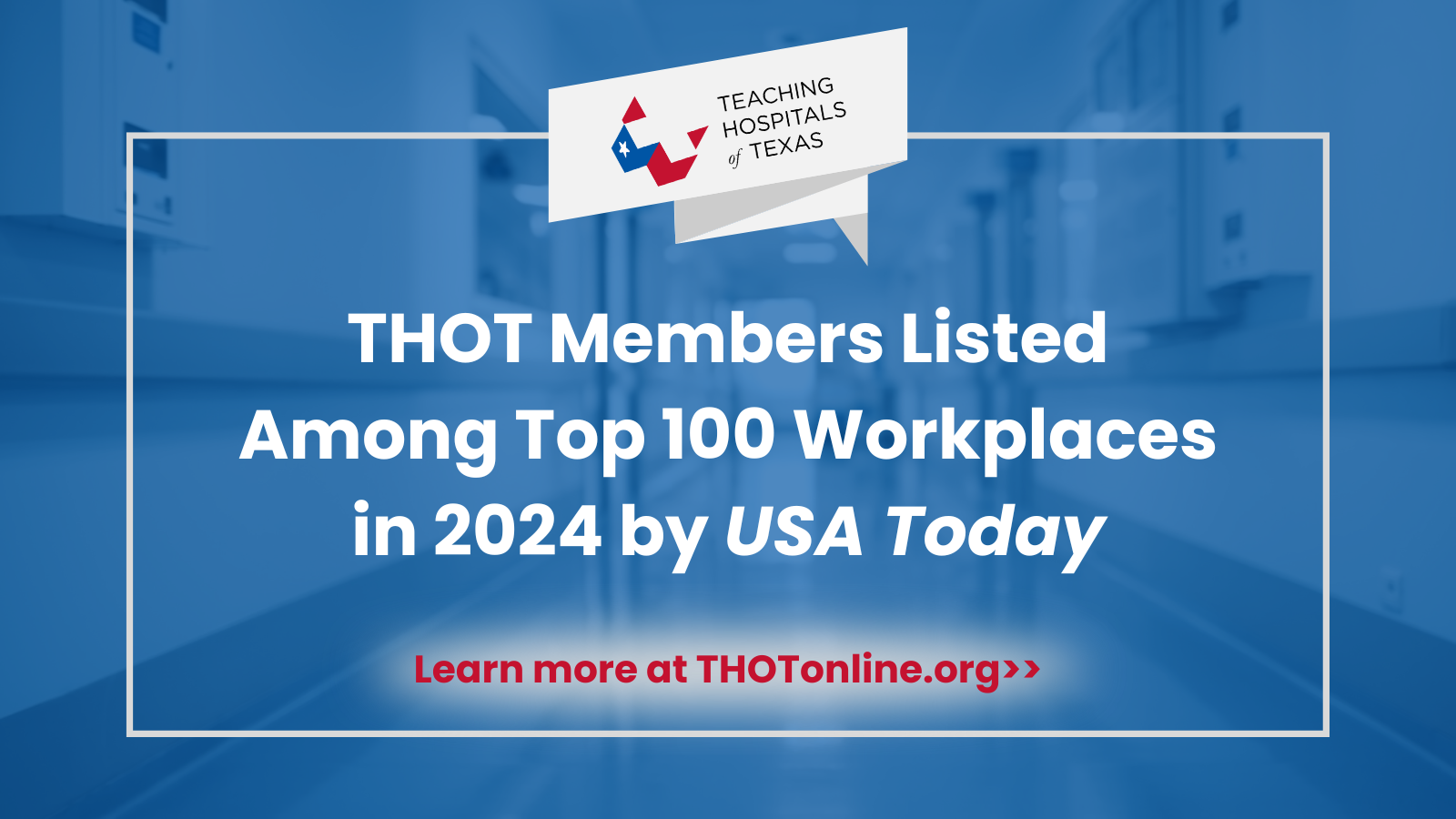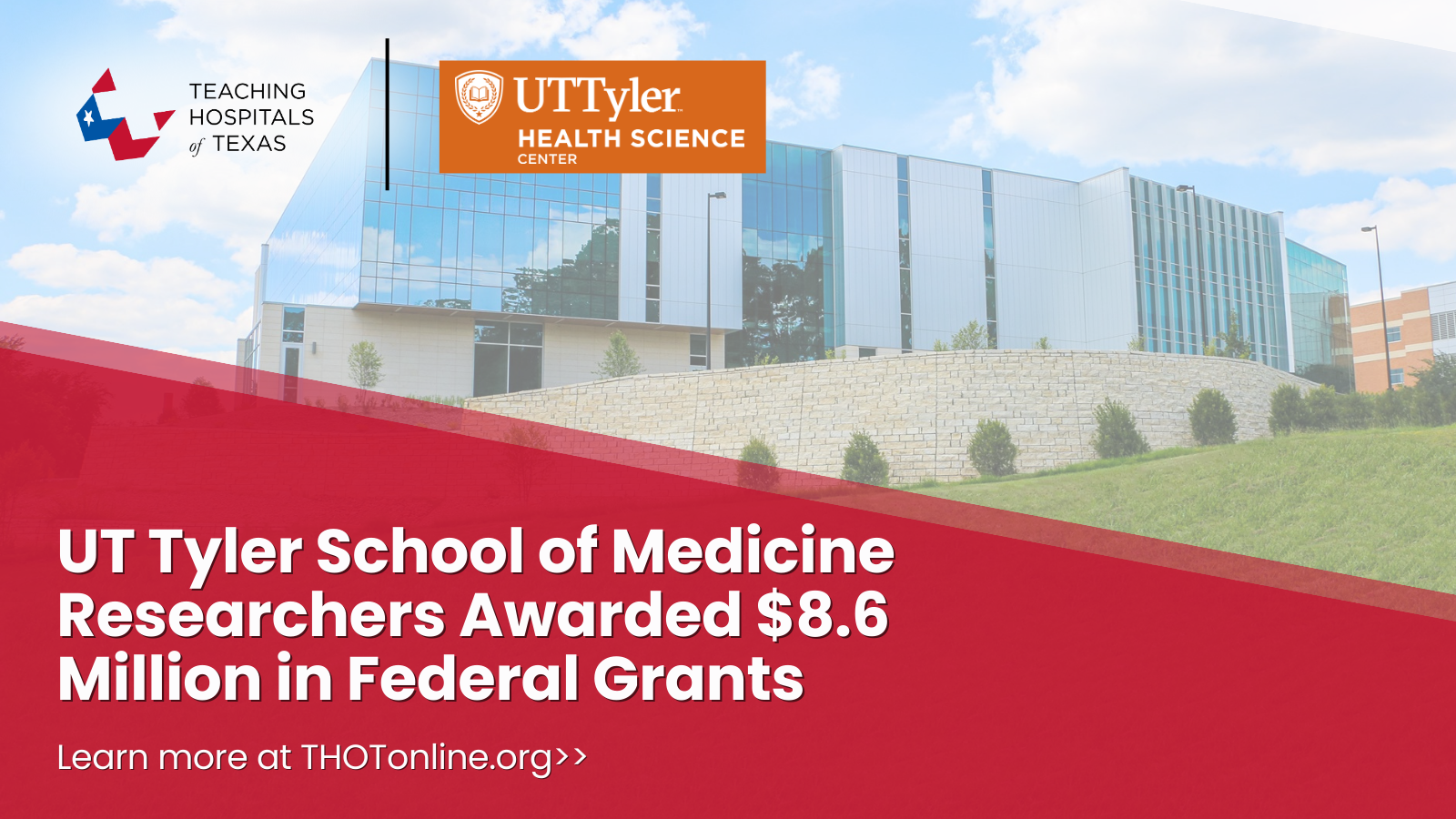What is it?
340B is a program allowing certain providers (like most THOT members) to obtain discounted prices on outpatient drugs. Named after the section of federal law authorizing it, these discounts are intended to help certain providers stretch scarce resources to provide the most care to the most patients. Our 340B providers do just that using discounts (over 20%) to support our mission of care.
What happened?
After severely cutting rates for 340B pharmacies, HHSC agreed to a THOT-recommend rate increase effective in June 2016 for fee-for-service and in September for Managed Care. HHSC also agreed to use the fee-for-service rates as a minimum HMO rate to be identified in HMO contracts. These two outcomes were described as “significant considerations” by a national pharmacy consultant working with the THOT 340B team.
What’s it worth? Over half a million dollars to 340B providers annually.
What’s the background?
When HHSC carved pharmacy into managed care over four years ago, its rate calculations did not consider 340B savings. HHSC in effect paid HMOs higher rates. THOT began work with HHSC in 2012 to agree to a “shared savings” approach so 340B discounts would be fairly included in HMO rates, while providing 340B pharmacies with the intended discounts allowing them to continue serving vulnerable populations while stretching scarce funding.
THOT’s 340B pharmacy group worked with HHSC and proposed a sustainable methodology. We worked with a national expert and our state team analyzing utilization and cost data and proposed a rate the providers felt sustain-ably achieved shared savings (a 57 percent reduction off of the drugs’ Wholesale Acquisition Costs or WAC). In December 2014, HHSC adopted a 340B rate cut that the THOT group argued was too severe (a 60% reduction off the Wholesale Acquisition Costs or WAC). As a result, HMO rates for 340B use were cut by $7.3 million dollars. HMOs in turn sought to negotiate for reduced rates with 340B providers. These reductions and related losses threatened 340B providers’ participation in Medicaid managed care, and also threatened the state’s savings from 340B discounts. While the Commission agreed to a set of “outlier” payments to offset losses and address THOT 340B’s particular concerns for high cost drugs, outlier payments were never implemented.
After continued discussions and negotiations with HHSC, the Commission and Executive Commissioner agreed to increase 340B rates to THOT’s original proposal of WAC – 57. In addition, going forward HHSC will work with the THOT 340B team to identify new drugs for which the proposed rate would underpay providers.
Once again, THOT members’ expertise, commitment and perseverance were critical to achieving a true “shared savings” approach for sustainable 340B funding that allows them to continue providing care for particularly vulnerable Texans.
THOT offers a special thank you to George Oestreich for his technical consultative support to the THOT 340B team and to Apexus for supporting George’s time with THOT.




